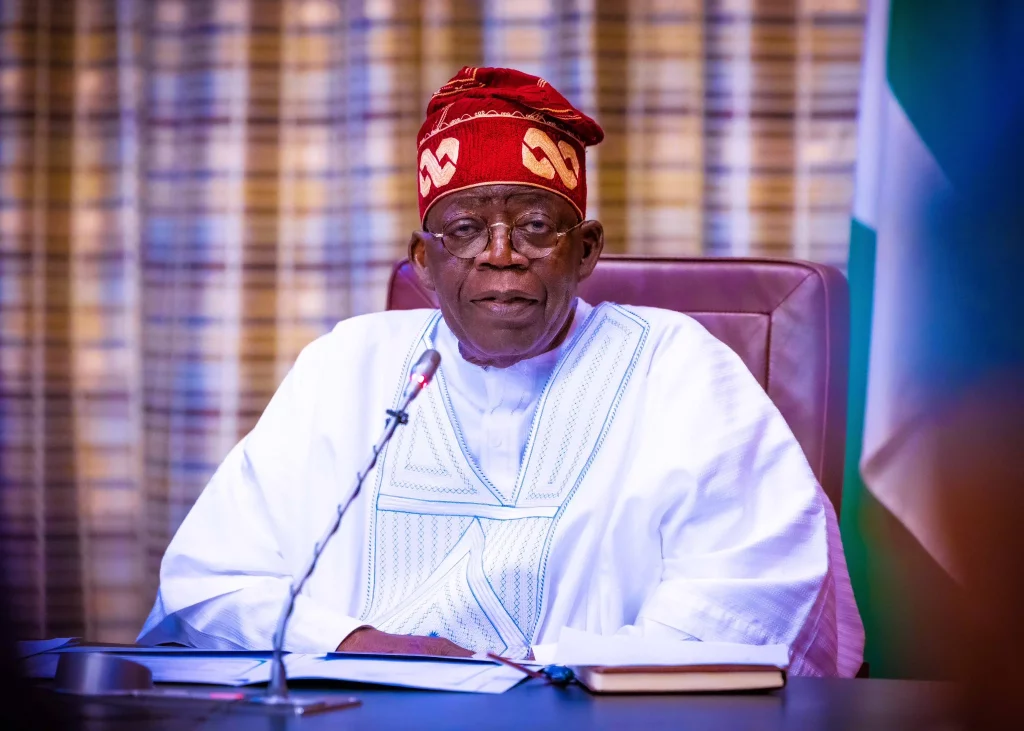The Academic Staff Union of Universities (ASUU) has taken a stance against the newly constituted Governing Councils for public tertiary institutions by the Federal Government of Nigeria. The union’s disagreement comes from what it considers an illegal removal of the previous councils before the end of their tenure.
ASUU’s position on this matter is reflective of the bigger picture of the administration of public universities. The dissolution of governing councils without following due process can be seen as part of a pattern of government’s political interference in academic institutions. This interference, according to ASUU, threatens the autonomy and stability necessary for universities to function effectively and maintain academic freedom.
The disagreement over the governing councils is only one aspect of many unresolved issues between ASUU and the federal government. The major issue is the unresolved agreement dating back to 2009. The agreement, which was supposed to address the underfunding of public universities in Nigeria, provided a roadmap for revitalising tertiary institutions. It was meant to be reviewed periodically, but ASUU claims this has not happened as agreed. Some of the provisions of the agreement include the increased salaries and Earned Academic Allowances (EAA) for academic staff. However, according to the academic union, despite attempts from previous administrations many of these provisions remain unfulfilled.
Another major aspect of the disagreement between ASUU and the government is the non-release of withheld salaries of members. The government had earlier paid three out of the seven months of salaries owed to members of the union. However, in a recent broadcast, the ASUU chairman, Prof. Emmanuel Osodoke, stated that the government had not done enough in terms of paying owed salaries to its members.
The establishment of new universities without adequately funding already existing ones is also another concern to ASUU. The association sees this as a dilution of resources that could otherwise be used to improve the quality of education in existing institutions.
The repeated disagreement between ASUU and the government, which usually leads to strike actions, has earned Nigeria’s educational system a bad public image; locally and internationally. It has resulted in most Nigerian universities ranking low in global university rankings.
Usually, when two elephants fight, the grass suffers. Nigeria’s education system and students have always been at the receiving end of the struggle, even though the union claims to be fighting for the betterment of the system. The negative impact of these disagreements on the education system may last a very long time.
ASUU and the government must find common ground through negotiations for the future of Nigeria’s education. Only then can the promise of quality education and academic excellence be fulfilled for the millions of students who rely on these institutions for their future.
